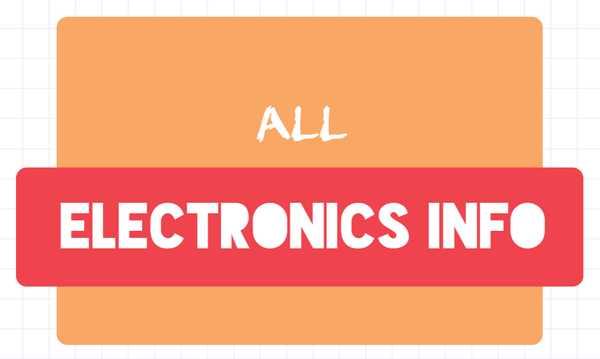Common Field Bus Types and Its Applications
Field bus is a kind of network protocols used for real-time distributed control, which used to connect instruments in a manufacturing plant.
As we known, it’s very common to see high voltages, magnetic fields and noise in an industrial environment. However, these factors will have an influence on reliability which is critical to avoid production downtime and ensure data transmission accuracy. In this condition, designers will adopt optocouplers to insulate high voltages and isolate unwanted noise signals, thus increasing system robustness and reliability.
Common Field bus Types
CAN bus /Device Net
Device Net is a low-cost industrial network to connect industrial devices such as limit switches, photoelectric cells, valve manifolds, motor starters, drives, and operator displays to PLC processors and PCs. The network helps eliminate expensive hard-wiring while providing device-level diagnostics.
Device Net implemented the Common Industrial Protocol (CIP) over the CAN bus. The physical layer implementation of Device Net is the same as CAN bus, which typically adopted the RS-485 interface over twisted pair cable.
The delay of each component is stipulated by the transmission standard. The system propagation delay is the contribution of the CAN transceiver, CAN controller, and the optocoupler. The delay is measured to ensure the device is capable of working with the maximum cable distance at the corresponding bit rate.
The CAN standard calls for a maximum delay time of 40 ns for the isolator. This indirectly translates to a speed of 25 MBd (1/40 ns).
Profibus-DP
It is an open standard (based on EN 50170) digital communications interface, or field bus, designed specifically for use in industrial applications. With communication data rates up to 12 MBd, it is the fastest fieldbus available today. Proifibus-DP can link plant supervisory systems, process automation systems, and peripheral devices such as feeders, mixers, and pneumatic conveying systems. It supports communication distances in excess of one mile (2000 m).
CAN (Controller Area Network bus)
CAN is a rugged serial digital bus designed for industrial environments. It is used in many applications and markets, including factory automation, building automation, aircraft and aerospace as well as in cars, trucks and buses. The CAN bus replaced bulky wiring harnesses with a two-wire differential cable. CAN bus distance is based on data rate, ranging from a maximum of 40 m at 1 Mbps to a maximum of 6 km at 10 kbps.
